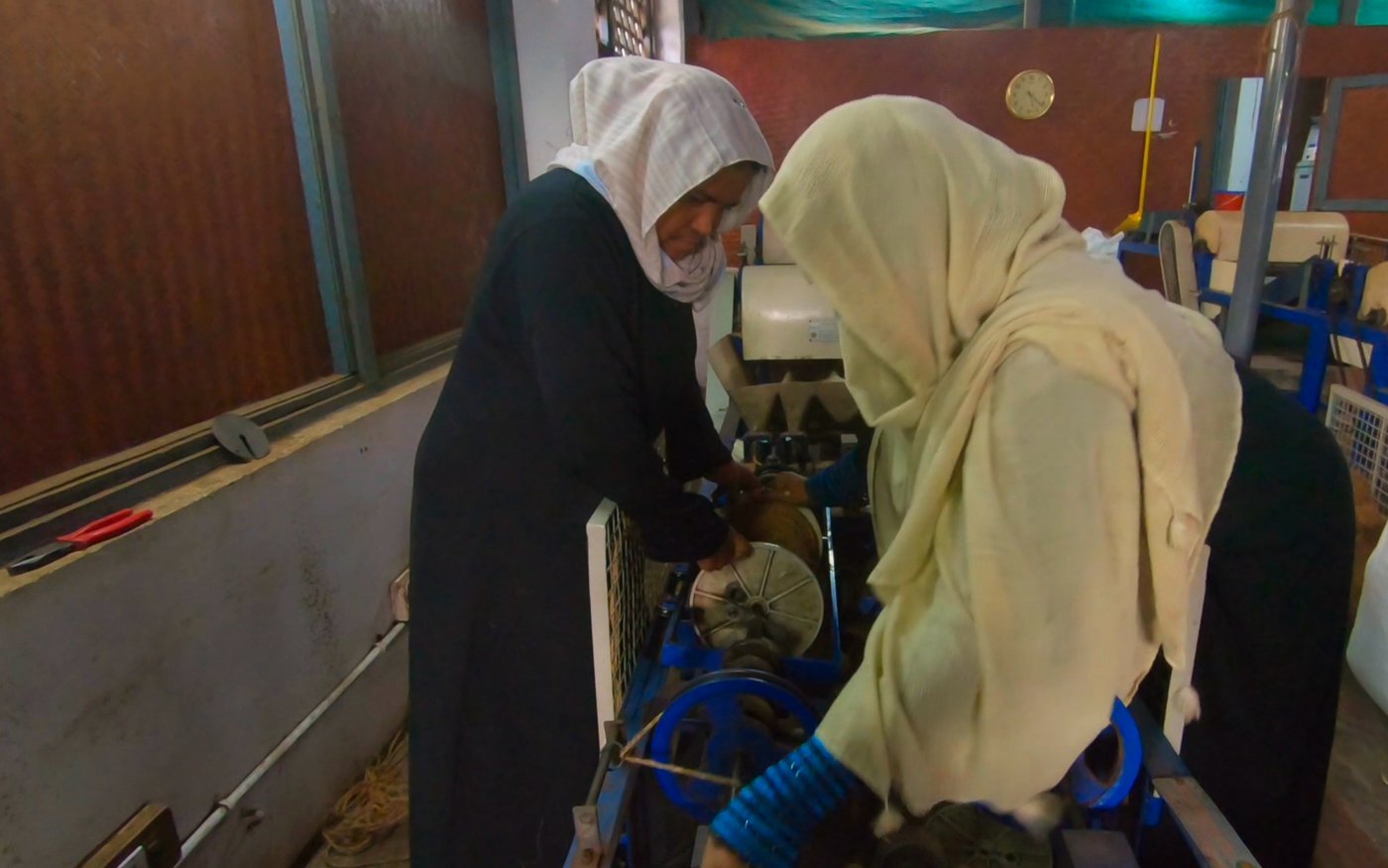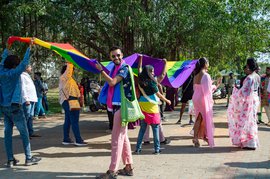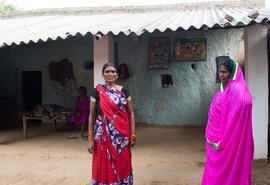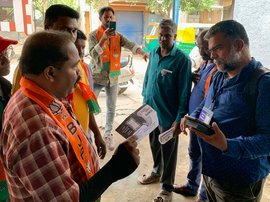Islands of the Lakshadweep archipelago abound in coconut trees, and the extraction of coir from the fruit's husk is a major industry here.
Twisting coir is among the principal occupations along with fishing and coconut cultivation. Lakshadweep has seven coconut defibering units, six coir yarn production centres and seven fibre curling units (Census 2011).
The sector employs over seven lakh workers in the country, 80 per cent of them are women who are engaged in the extraction and spinning of coir fibre to yarn. Making coir products is still a labour intensive job, despite the advances in technology and the move from manual to machine.
At the Coir Production cum Demonstration Centre in Kavaratti, Lakshadweep, a group of 14 women run six machines to extract coir and make ropes. Working eight-hour shifts a day from Monday to Saturday, they earn around Rs. 7,700 a month. The first half of the shift is for rope making and the second for cleaning the equipment, says 50-year-old worker Rahmath Beegum B. The ropes are sold to the Coir Board in Kerala for Rs. 35 a kilogram.
Before these defibering and curling units, coir fibre was traditionally extracted by hand from the husk of coconut shells, spun into threads and twisted together to make mats, ropes and nets. Fathima says, “Our grandparents would get up at five in the morning, and would go to the north of Kavaratti near the sea to bury coconuts in sand for a month.”
“They would then pound the [coconut] fibre out into ropes, like this …” adds the 38-year-old, demonstrating the technique. “Today’s ropes aren’t of good quality, they are very light,” says the newsreader at All India Radio, Kavaratti.
Abdul Khadar, from Bitra village, Lakshadweep, recalls how he would make coir ropes by hand. He would use these ropes to tie his boat, says the 63-year-old fisherman. Read: The great coral grief of Lakshadweep islands
The video follows Abdul Khadar and workers from Kavaratti coir production centre as they make ropes out of coir fibre, one in the traditional way and the other, modern.



